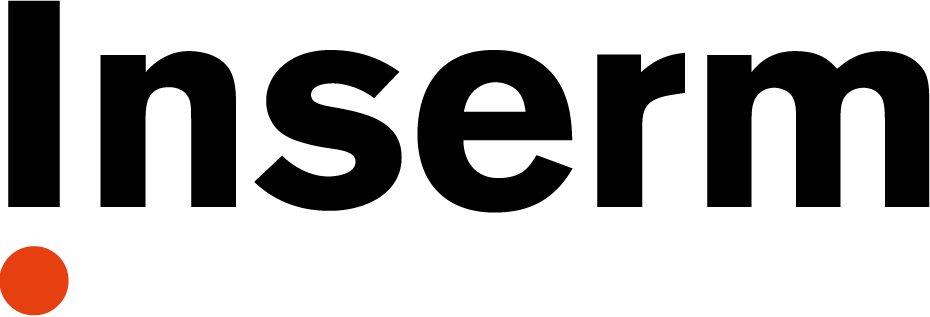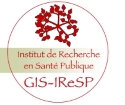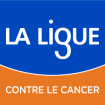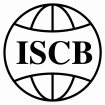2nd Corsican Summer School on Modern Methods in Biostatistics and Epidemiology 2019
Statistical methods and recent advances in statistical methods for excess risk analysis
Monday 8th July to Friday 12th July 2019
Built on the success of the first edition, the second edition of the Corsican Summer School, organized by Professor Roch Giorgi and by the Challenges in the Estimation of Net SURvival (CENSUR) working survival Group, took place from 8 July to 12 July 2019, in Corte, Corsica, France. As usual in this summer school, theoretical parts have alternated with computer and practical sessions. Information concerning this advanced course on statistical methods for excess risk analysis are detailed below.
-
As part of the HEAR+STAT series of courses organised by the research unit SESSTIM, the Challenges in the Estimation of Net SURvival (CENSUR) working survival Group proposes a new edition of the advanced course on statistical methods for excess risk analysis.
The city of Corte, Corsica, France, will again host the international course “Statistical methods and recent advances in statistical methods for excess risk analysis”. This place was very appreciated by previous attendees. At the foot of the Corsican mountains, with beautiful natural swimming pool carved in rocks, also close to the sea, Corte has a pleasant and convivial atmosphere. This makes it an excellent meeting point for researchers to exchange theory, methods and applications of statistical methods and advanced methods in health research and practice.
This intensive course covers the field of net survival and excess mortality, investigating both theoretical and application aspects using R software. The Course is intended for biostatisticians, statisticians, epidemiologists; researchers and students; those working in a registry of cancer, of chronic disease or in any other field relevant to these methodologies and applications.
The course is organised by Professor Roch Giorgi, from the SESSTIM, and by the CENSUR working survival Group.
-
Date of the course
Monday 8th July to Friday 12th July 2019.
Venue
In the Université de Corse Pascal Paoli, at the campus Grimaldi, in Corte, Corsica, France.
Theoretical parts will be in the amphitheatre, and practical parts using R software will be in the computing rooms.
-
Registration includes access to the 5 days of the course, morning and afternoon tea breaks, daily lunch breaks on each day and invitation to the course reception on the evening of Thursday 11th July.
Please note that hotel reservations must be made by participants, since the registration fees exclude travel and accommodation costs.
Course fees
*Prices in EUR, incl. VAT Early bird, until 31 May 2019 From 01 June 2019* Participant** 650 € 750 € ISCB Members*** 600 € 700 € Course reception**** Free Free The deadline for registration is
**15 June 2019Extension of the deadline for registration : 29th June 2019.For the Inserm members, or members of a team labelled by Inserm, training office Inserm “Provence-Alpes-Côte d’Azur et Corse” will take charge of 5 registrations of agents paid by Inserm, on the proposal of the organizer of the Corsican Summer School. Order forms, with a short summary of the interest for this advanced course, must be sent to the attention of the local organisers by email: gestion_admin.u1252@inserm.fr.
***For the ISCB members asking for the discount, 2019 ISCB membership must be provided. See information on the online registration on how to proceed.
****The course reception (dinner with Corsican songs) is free of charge but you must register. See below for register.
Method of payment
- Online registration
- Order form (for agents taken in charge for by Inserm).
Course reception registration
Please download the course reception registration form, fill out the form, one for each participant, and then send it by email to Mrs Daffri at: gestion_admin.u1252@inserm.fr, with the subject: “HEAR+STAT 2019”.
Cancellation reception registration
- In case of cancellation of participation until 31st May 2019 the registration fee will be refunded.
- After 01 June 2019 there will be no refund whatsoever.
- Cancellations must be communicated in written form.
-
Theme of the course and objectives
Net survival, the survival related to excess mortality hazard, is a measure of disease survival and can be interpreted as the survival that would be observed in a hypothetical situation where all the risks of dying from other causes than the disease of interest have been removed. The statistical methods for excess risk analysis have been developed to analyse data from population-based cancer registries, providing useful indicators to study socioeconomic inequalities in cancer survival, in the evaluation of health policies, and for public health decision making.
The complexity of the research questions and of the data, the necessity to have more adequate tolls, to improve the quality and the comparability of cancer survival data, and to promote methodological transfers in areas of emerging interest constitute some methodological challenges.
The course will focus on:
- the main statistical methods and the more recent advances in statistical methods for excess risk analysis
- the transfer of methods for net survival estimations to some other specific applications (clinical research, occupational epidemiology)
The course will be taught by international researchers (France, United-Kingdom, and Slovenia) highly skilled in biostatistics, methodology, and epidemiology, from different research departments and implied in French (FRANCIM) and European (EUROCARE) networks of cancer registries.
The main objectives of the course are:
- to disseminate the concepts, methods and the more recent statistical tools to analyze net survival and excess mortality
- to offer an informal and user-friendly setting of scientific exchanges in order to improve knowledge and practical skills to estimate, model, program, analyse and interpret results of excess risk analysis
Programme
The scientific programme has been designed to meet the double objective of acquiring knowledge and skills in order to estimate, model, program using R software, analyse and interpret results of excess risk analysis.
Themes of the course:
- Goals, epistemological aspects
- Indicators-Interpretation
- Non-parametric estimators of net survival
- Parametric models for excess mortality
- Flexible parametric models for excess mortality
- Handling missing data
- Diagnostic tools
- Frailty models
- Multiple events analysis
- Handling expected rates tables (without, with missing information) and extensions to other fields: clinical research, epidemiology of occupational health
Scientific programme of the course
Faculty
An international faculty composed of international researchers (France, United-Kingdom, and Slovenia) highly skilled in biostatistics, methodology, and epidemiology, from different research departments and implied in French (FRANCIM) and European (EUROCARE) networks of cancer registries.
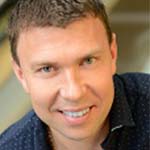
Cancer Survival Group, London School of Hygiene & Tropical Medicine, London, United-Kingdom Départment Épidemiologie en Entreprise, Institut National de Recherche et de Sécurité, Vandoeuvre-lès-Nancy, France

Départment Épidemiologie en Entreprise, Institut National de Recherche et de Sécurité, Vandoeuvre-lès-Nancy, France 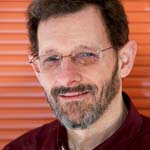
Institut National de Recherche et de Sécurité, Vandoeuvre-lès-Nancy, France
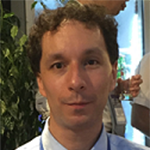
International Agency for Research on Cancer, Lyon, France 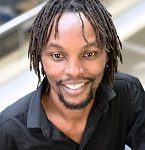
Cancer Survival Group, London School of Hygiene & Tropical Medicine, London, United-Kingdom
Registre des cancers de l’Isère, Grenoble, France 
Institute of Biostatistics and Medical Informatics, University of Ljubljana, Slovenia
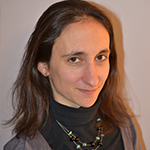
Hospices Civils de Lyon, Université de Lyon, CNRS – UMR 5558 France 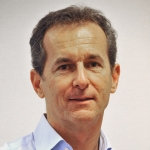
SESSTIM, UMR 1252 Inserm/IRD/Aix-Marseille Université, France
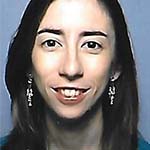
SESSTIM, UMR 1252 Inserm/IRD/Aix-Marseille Université, France 
Cancer Survival Group, London School of Hygiene & Tropical Medicine, London, United-Kingdom
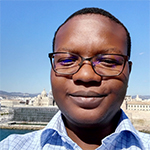
SESSTIM, UMR 1252 Inserm/IRD/Aix-Marseille Université, France 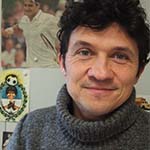
Hospices Civils de Lyon - Université de Lyon, CNRS – UMR 5558 France
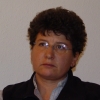
Registre des cancers du Tarn IUCT O - INSERM UMR1027 équipe EQUITY, Toulouse, France 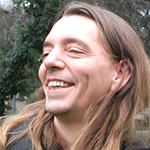
Hospices Civiles de Lyon-UMR 5558, Université de Lyon, France
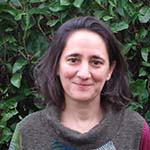
Santé Publique France - Hospices Civils de Lyon-UMR 5558, Université de Lyon, France
Who should attend?
Biostatisticians, statisticians, epidemiologists; researchers and students; working in a registry of cancer, of chronic disease or in any other field relevant to these methodologies and applications.
International audience.
The number of participants is limited to 40 persons.
Course language
Course will be taught in English. All instruction and course materials will be in English too.
Computing
Almost half of the course will be devoted to practical applications. Therefore, the applicants will have the opportunity to apply the methods described in the course using real or simulated data.
Computing sessions will be organised using R software. These sessions will be the opportunity for participants and for the faculty to bring them together to have exiting knowledge exchange.
Computers will be provided (Windows). Participants can use our computers or bring their own laptop computers.
Previous experience of using R software is a pre-requisite.
-
One week of Summer School in Corte
This page offer an access to excerpts from the videos recorded during the Corsican Summer School.
To acces the completes videos, the slides of videos and the practicals contents please go to this Private page
Speakers
Title
Video
Roch Giorgi Goals, epistemological aspects Video excerpt Nadine Bossard Indicators-Interpretation Video excerpt Maja Pohar-Perme
Non-parametric estimators of net survival Video excerpt Emmanuelle Dantony
Zoé Uhry
Aurélien Belot
Laurent RocheFlexible parametric models for excess hazard Video excerpt
Video excerpt
Video excerpt
Video excerptBernard Rachet
Edmund-Njeru NjagiHandling missing data Video excerpt
Video excerptAurélien Belot
Hadrien CharvatFrailty models Video excerpt
Video excerptRoch Giorgi Multiple events analysis Video excerpt
Video excerptRoch Giorgi Handling expected rates tables (without, with missing information)
and extensions to other fields: clinical researchVideo excerpt
Video excerptGuy Hédelin
Michel GrzebykHandling expected rates tables (without, with missing information)
and extensions to other fields: epidemiology in occupational healthVideo excerpt
Video excerpt -
Course dinner
Thursday 11th July at 8:00 pm
The social dinner will take place at the Hôtel Arena Le refuge, located 35 min walk from the center of Corte, and 35 min walk from the University.
It will be an opportunity for us to exchange in a convivial environment while tasting local products and listening to Corsican music.
Social activities
-
Course venue
The course will be held at the Université de Corse Pascal Paoli, at the IUT de Corse, campus Grimaldi, in Corte, Corsica, France. Theoretical parts will be in amphitheatre, and practical parts using R software will be in computing rooms.
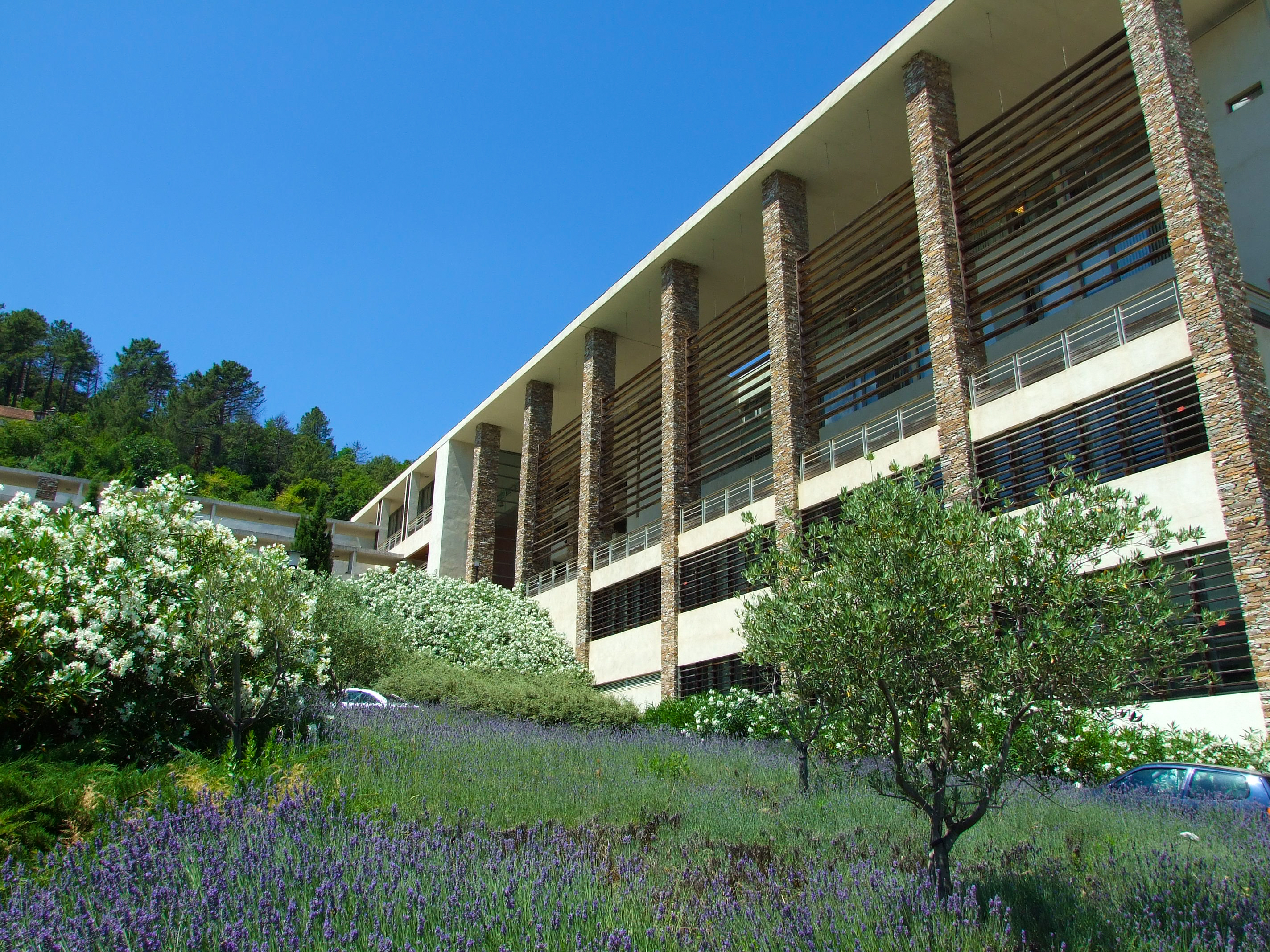
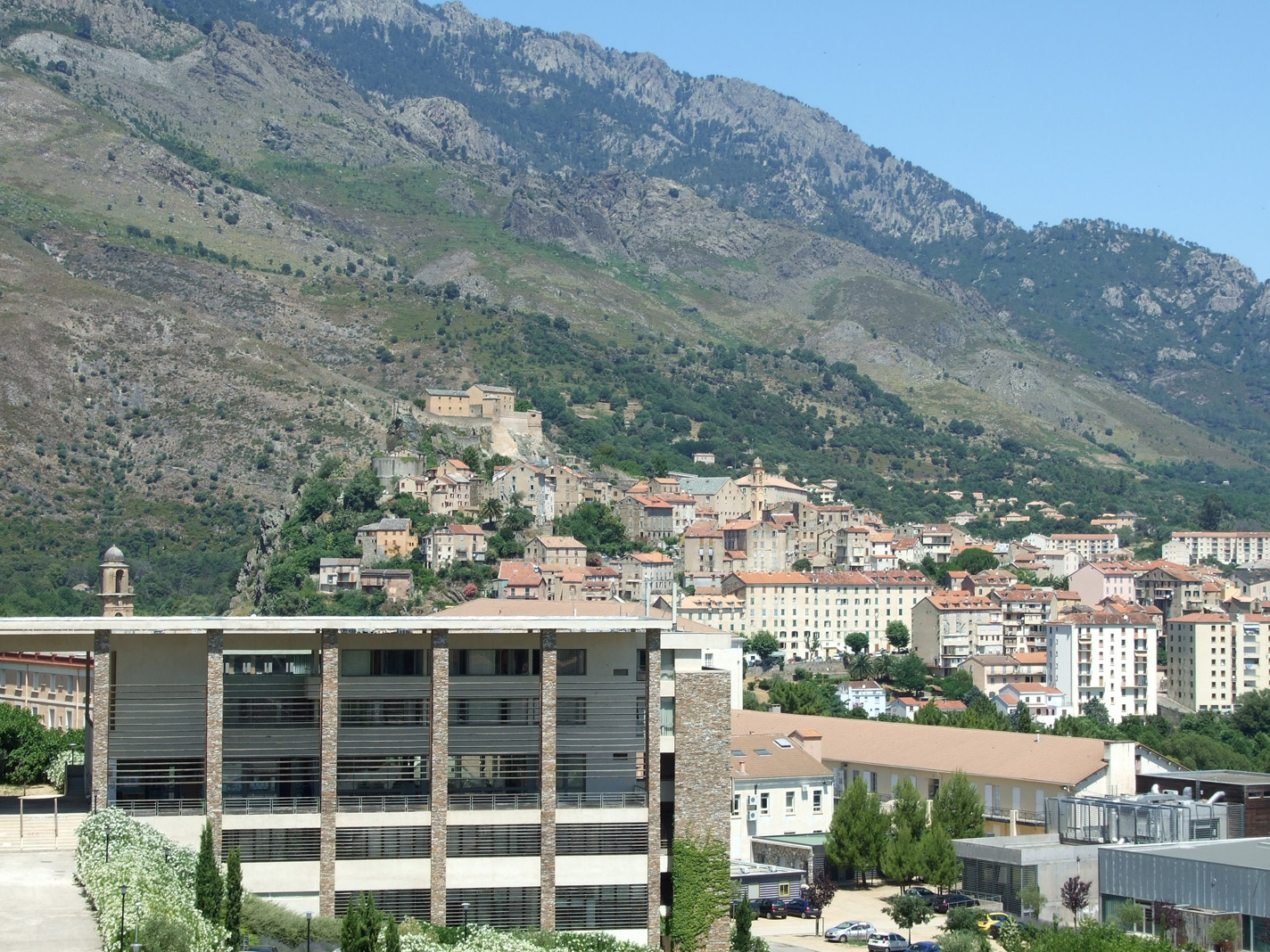
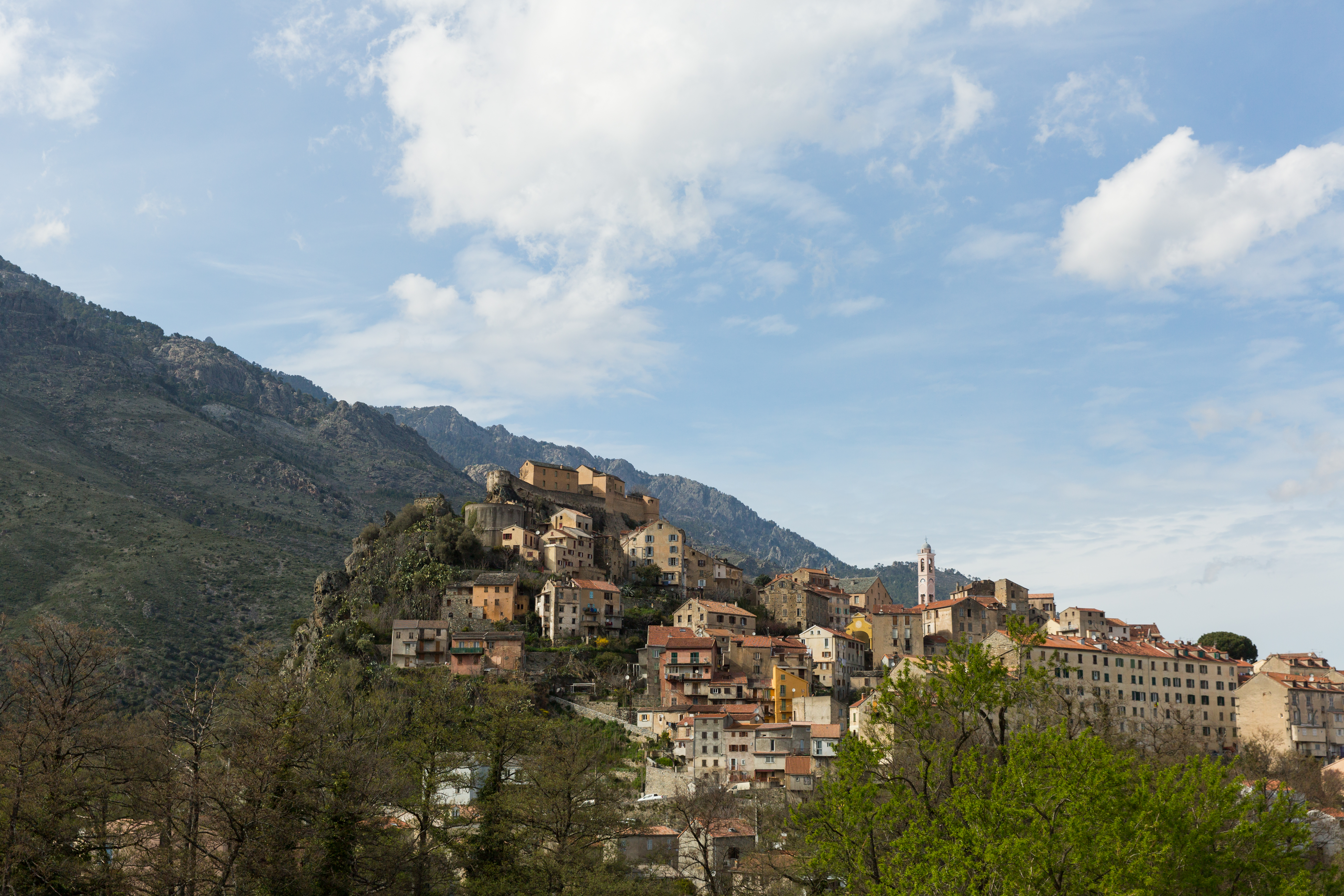
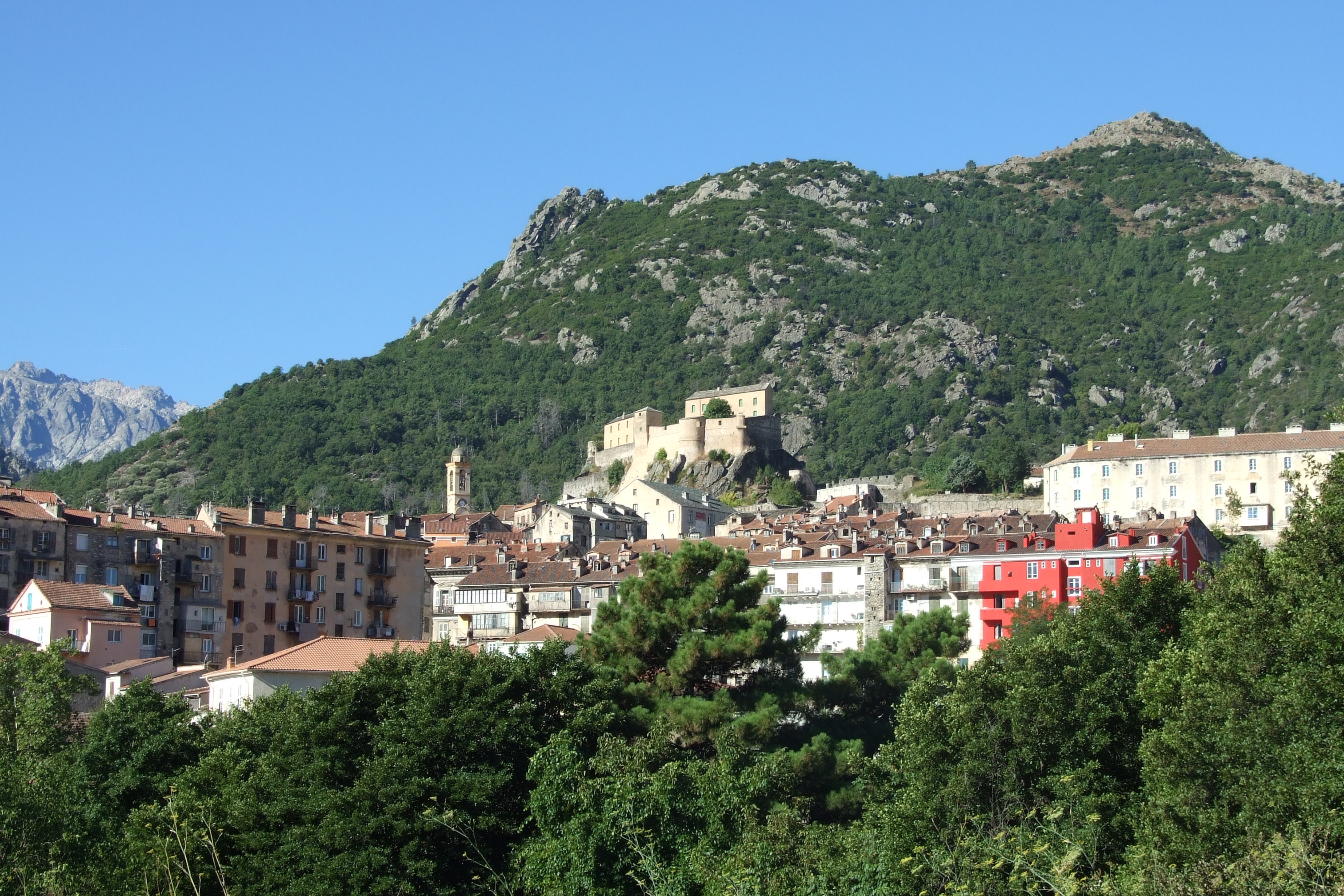
Getting to Corsica
Getting to Corte
Accommodation
Hôtels
Course participants are responsible for booking their room directly with the hotels. After registering for the course, please book your hotel as soon as possible. Please take note of the terms and conditions of the chosen hotel (especially in case of cancellation).
Accommodation
However, in order to minimize distances between the location of the course and your accommodation, we recommend to book rooms on the Grimaldi campus. The price is 32 euros per person per night. The sheets and towels are provided and the rooms include private bathroom and cooking facilities.
If you want to book a room there or if you need further informations, please contact Mrs. Odile Innocenti by email (odile.innocenti@crous-corse.fr).
About Corte
Maps
Corte, course venue and hotels
Pictures
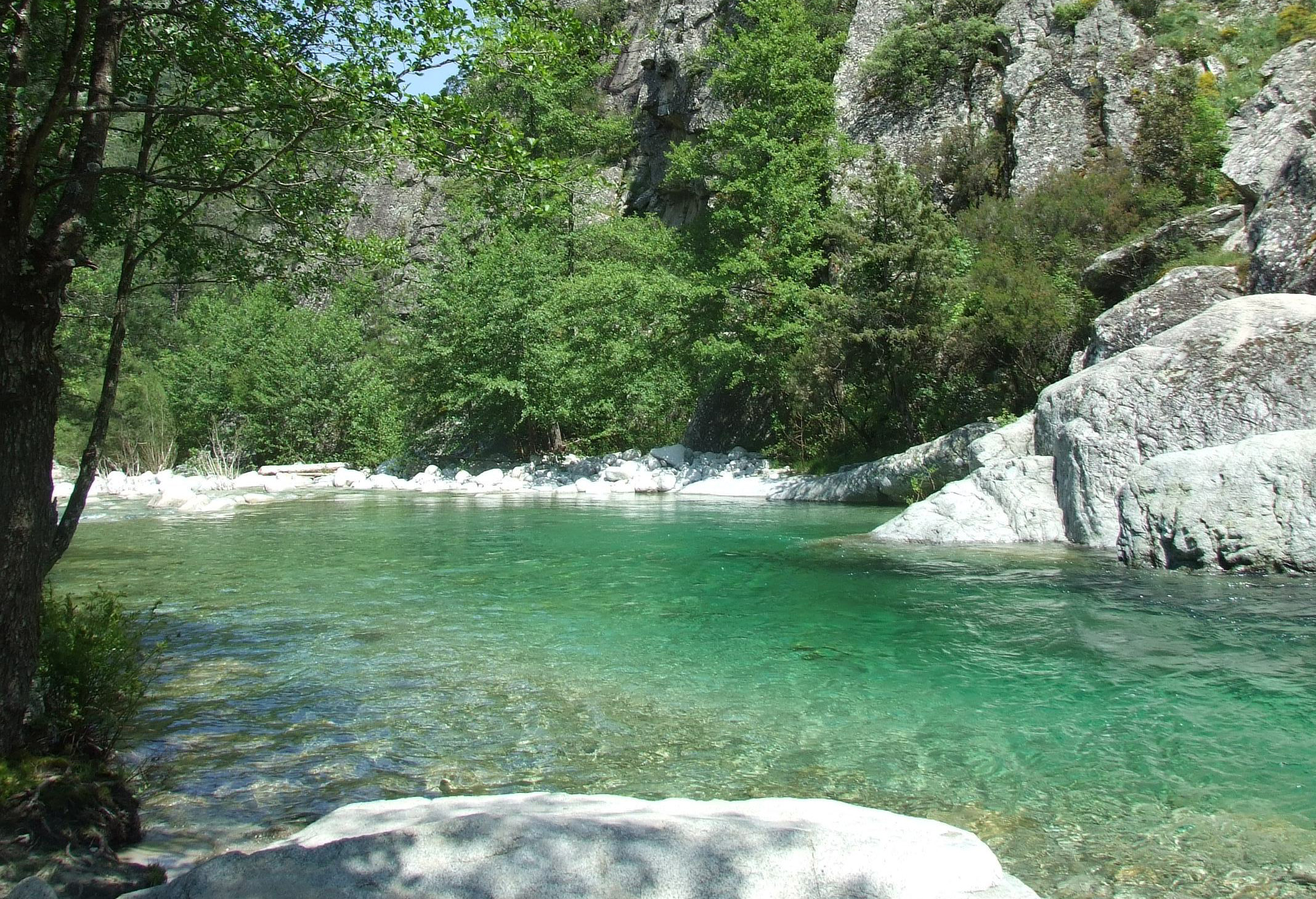
LA RESTONICA
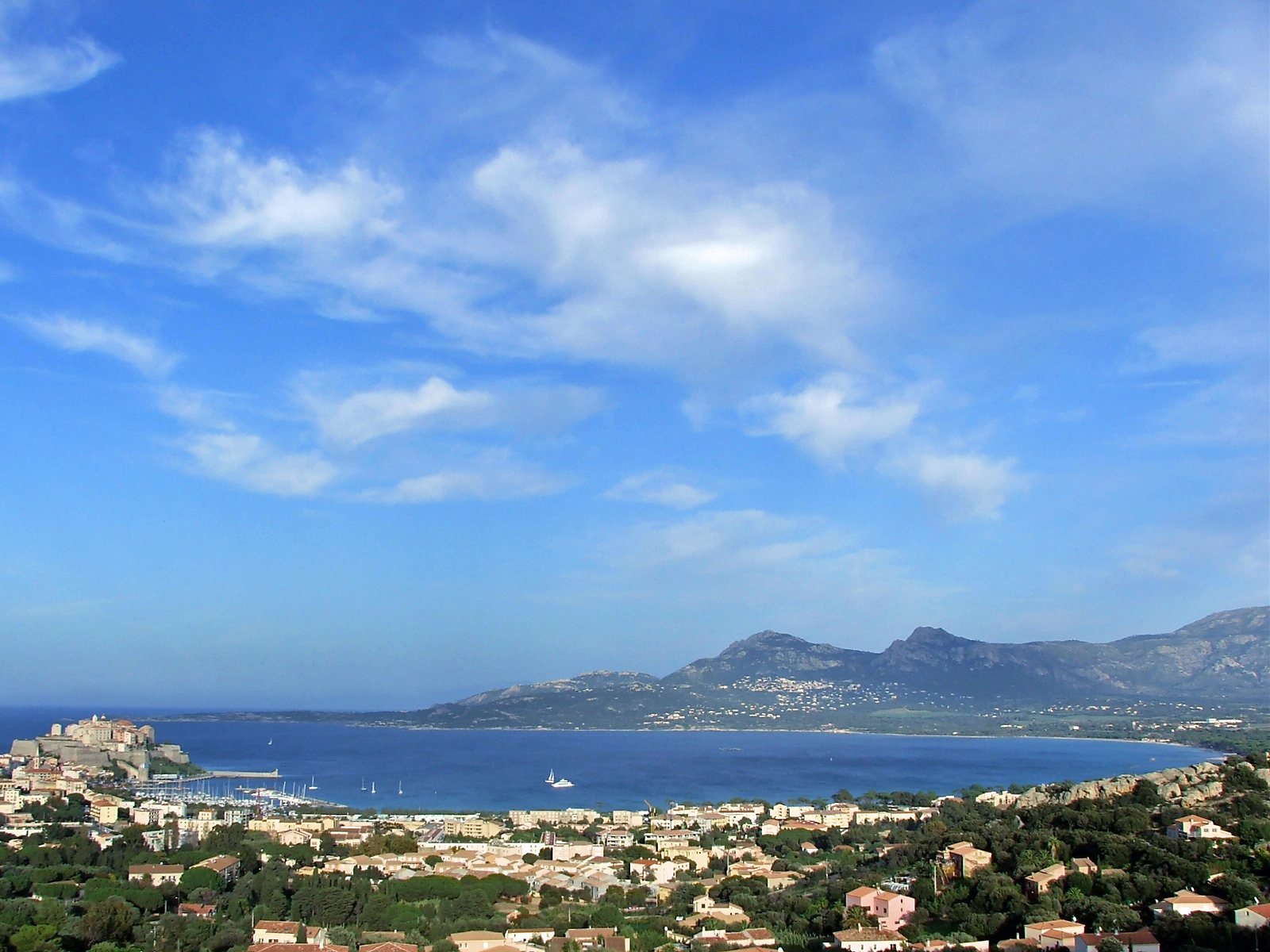
CALVI

BASTIA
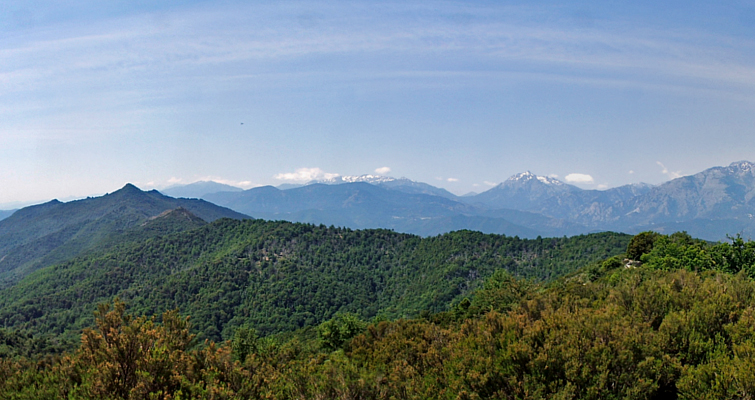
MONTAGNES
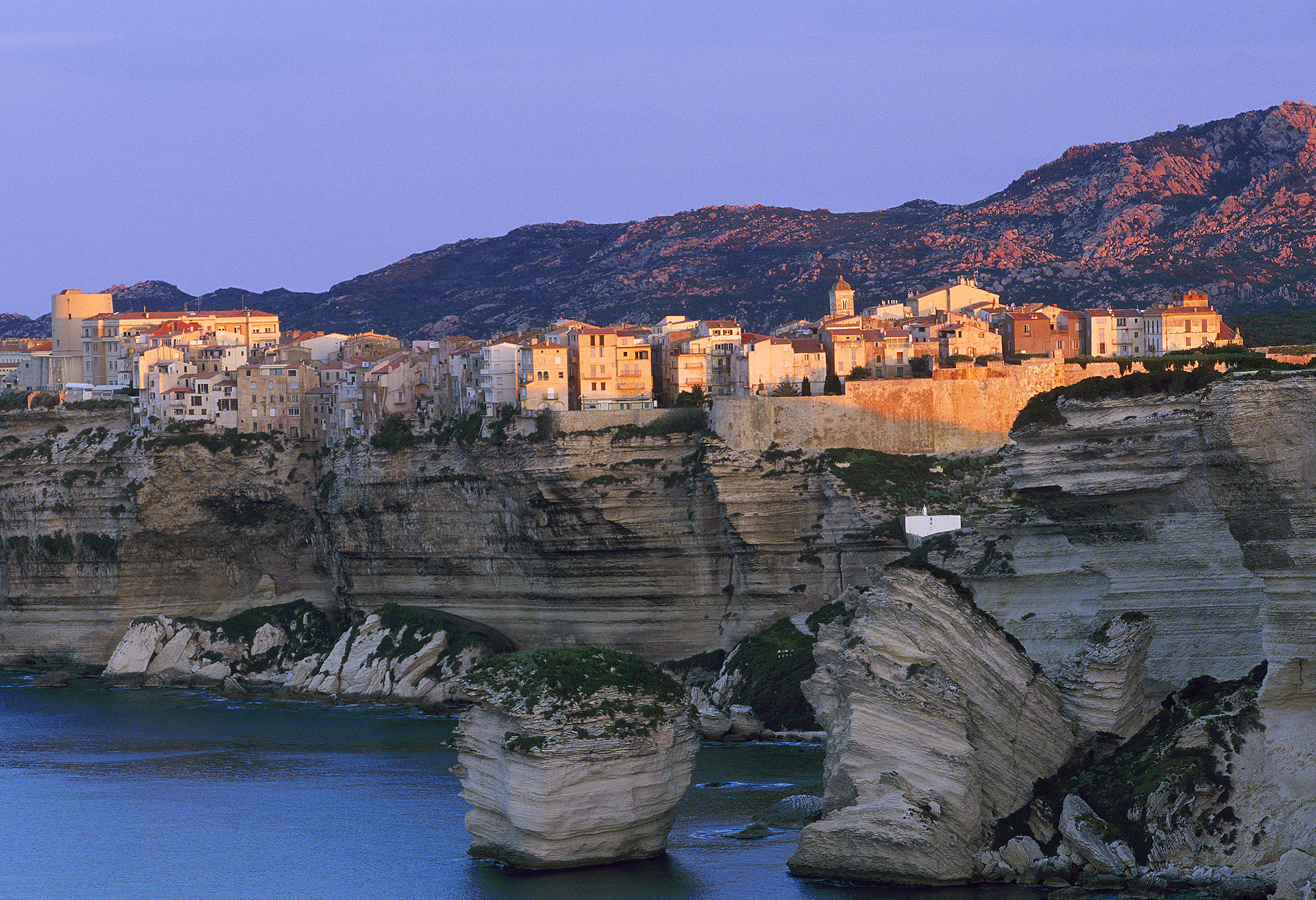
BONIFACIO
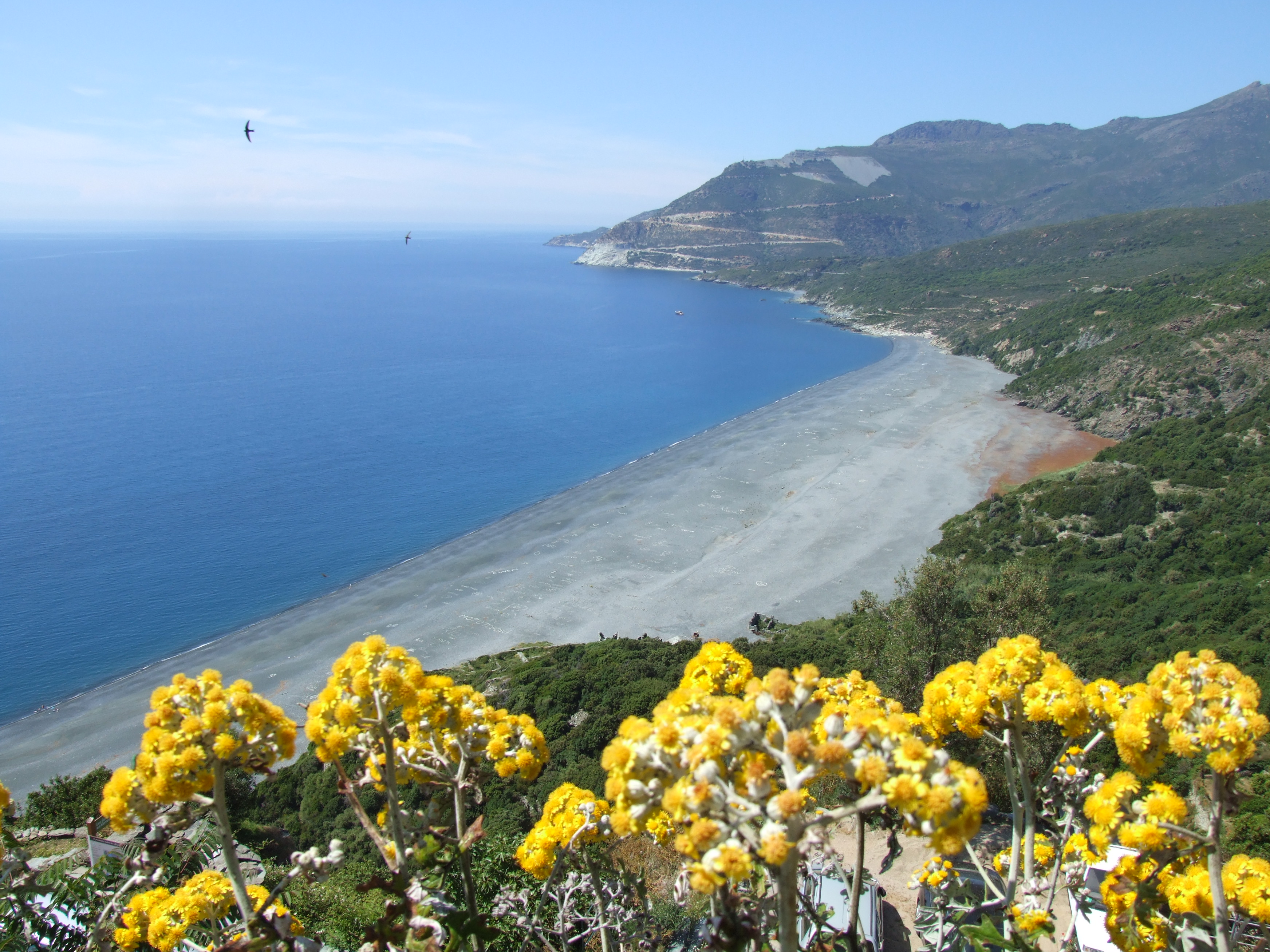
NONZA
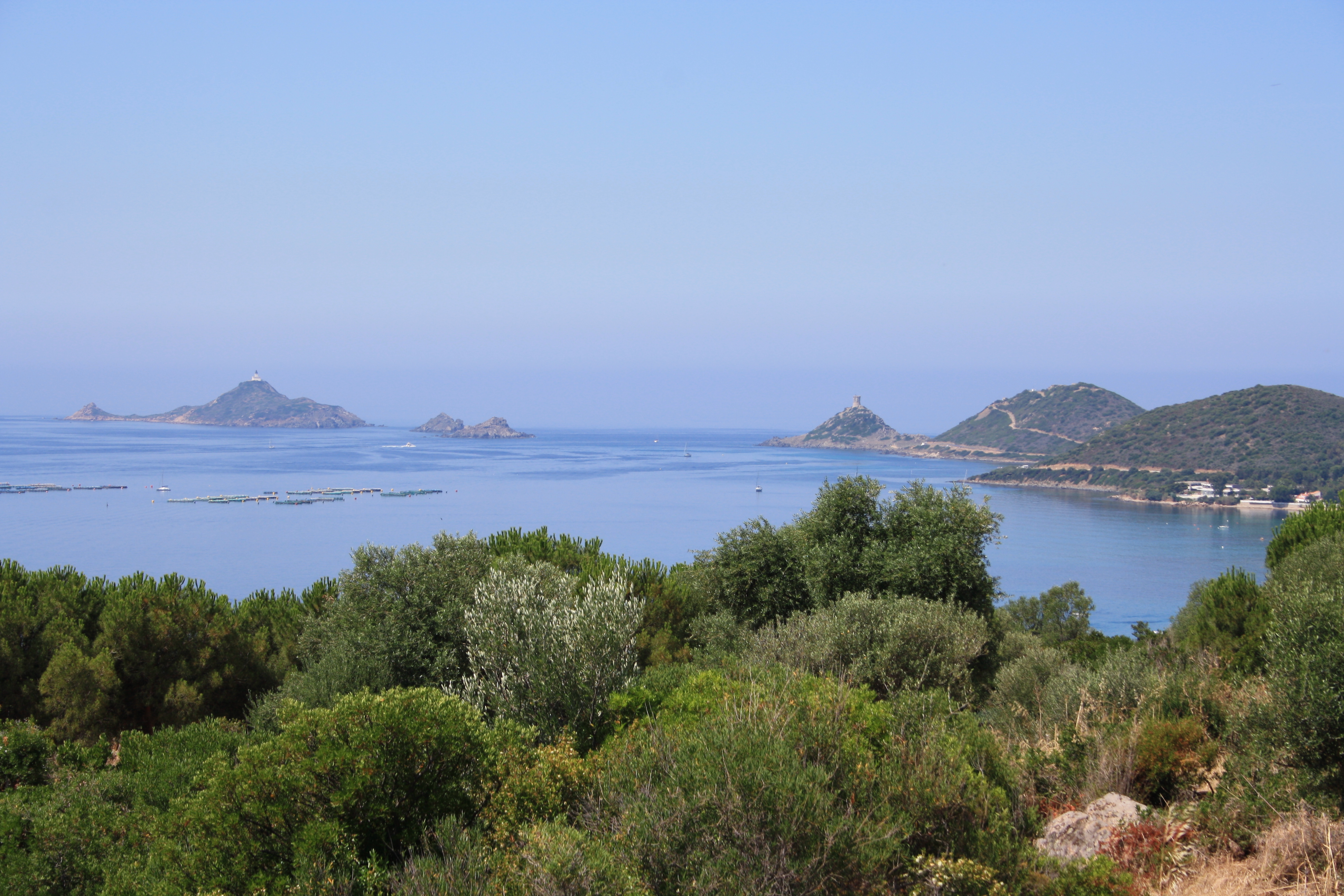
ILES SANGUINAIRES

CALANQUES DE PIANA
-
Scientific programme committee
Roch Giorgi (UMR 1252 SESSTIM; France); Nadine Bossard (Hospices Civiles de Lyon-UMR 5588; France); Pascale Grosclaude (FRANCIM, registre des cancers du Tarn; France); Guy Hédelin (Institut National de Recherche et de Sécurité; France); Bernard Rachet (London School of Hygiene and Tropical Medicine, Department of Non-communicable Disease Epidemiology; Angleterre); Maja Pohar-Perme (Institute for Biostatistics and Medical Informatics; Slovenie).
Local organisers

SESSTIM, UMR 912 Inserm/IRD/Aix-Marseille Université, France

SESSTIM, UMR 1252 Inserm/IRD/Aix-Marseille Université, France

SESSTIM, UMR 1252 Inserm/IRD/Aix-Marseille Université, France
SESSTIM, UMR 912 Inserm/IRD/Aix-Marseille Université, France -
Photos of one week to Corte, at the end of the course…
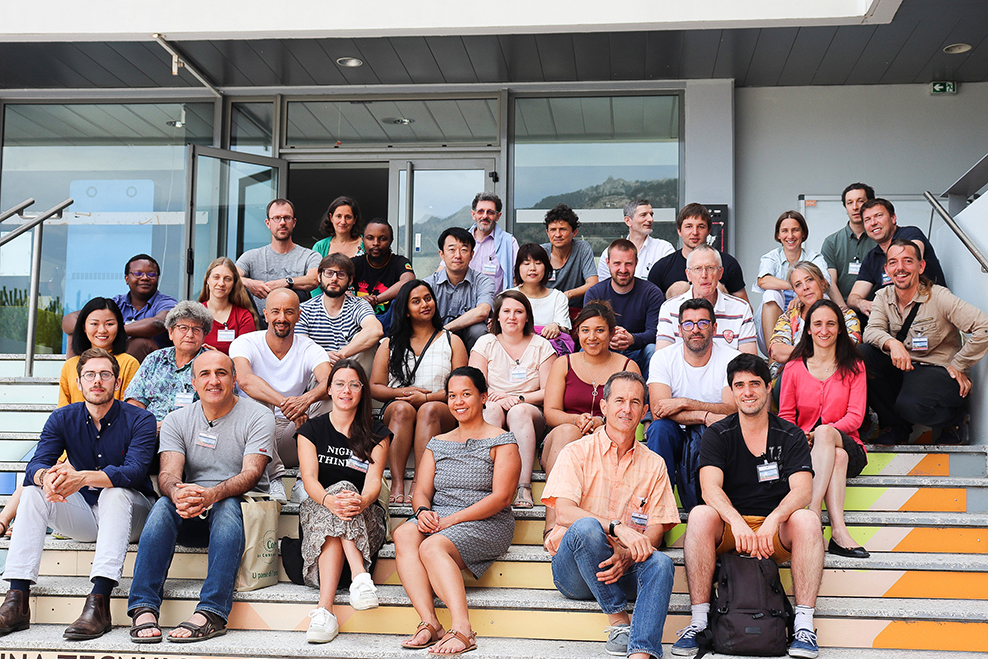
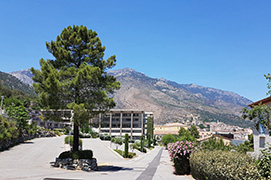
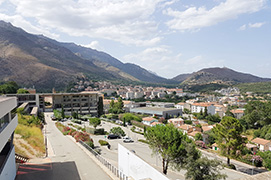
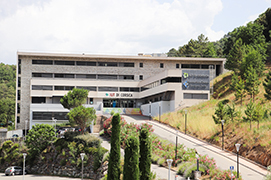
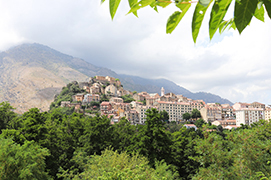
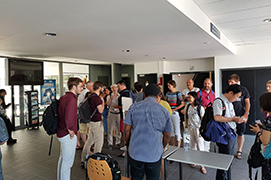
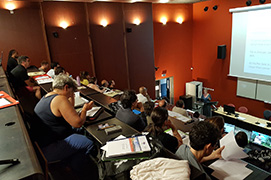
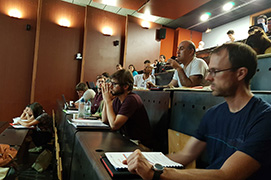
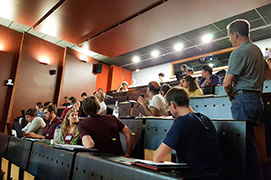
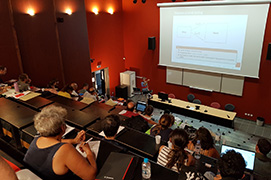
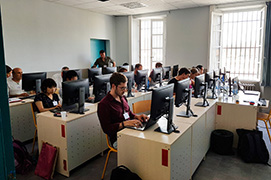
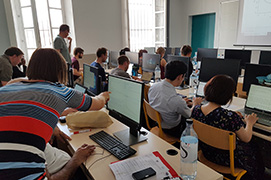
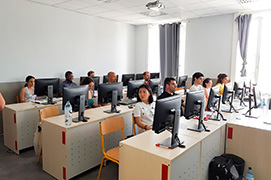
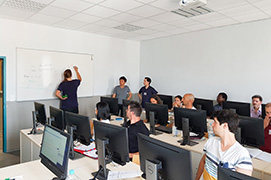
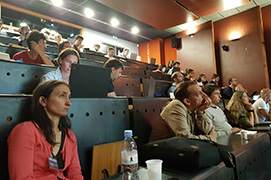
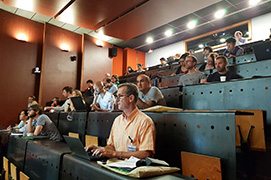
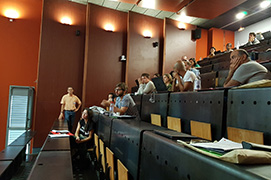
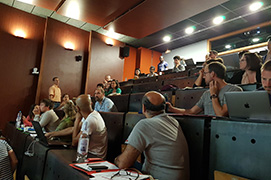
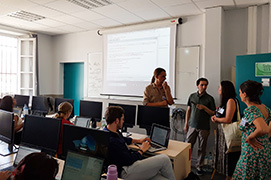
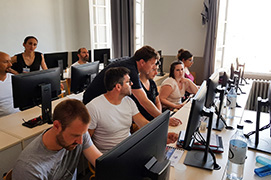
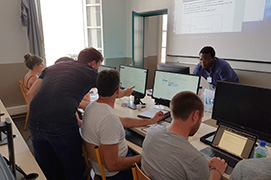
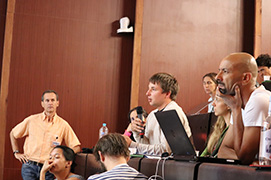
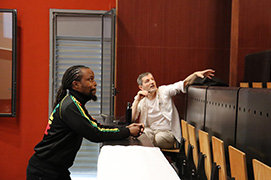
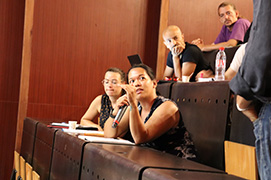
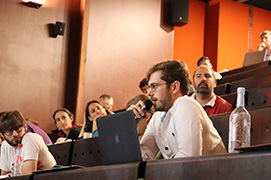
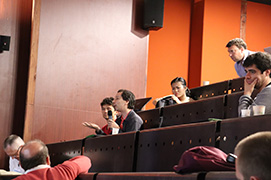
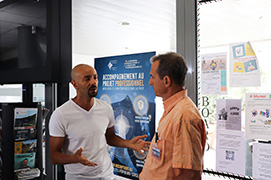
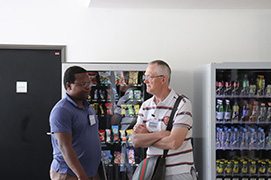
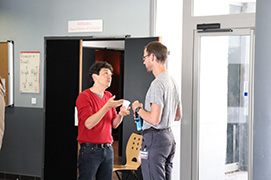
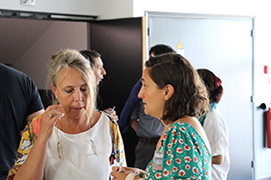
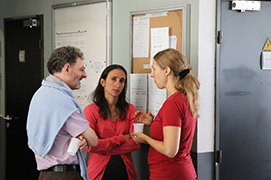
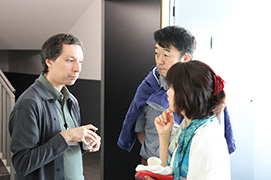
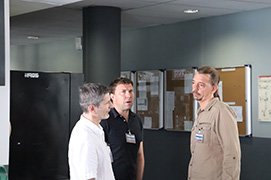
-
Lamia Daffri: gestion_admin.u1252@inserm.fr





